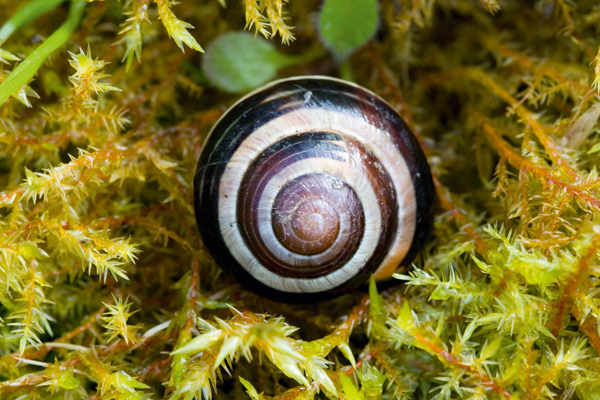Snails are supposed to hate eggshells. Not the ones in Ruth Brooks’s garden. They clamber over the barrier as though it’s ‘a new extreme sport’. Ditto hair. And grit. She tries beer, but her young son drinks it. As for coffee grounds (normally a failsafe), the pests just eat them, then attack the flowers with even more vigour, off their snaily little boxes on caffeine.
But A Slow Passion (Bloomsbury, £12.99) is more than just an account of Brooks’s battles to save her delphiniums. Her relationship with snails is love-hate, has been ever since she discovered a colony of them in the air-raid shelter in her childhood garden.
She passes on a lifetime’s learning, such as the fact that snails eat several times their own bodyweight every day, sometimes including builder’s rubble to top up the lime levels in their shells. They are hermaphrodites, and deaf. In South Korea their mucus is used to make skin cream. The world speed record is held by Archie (0.005mph).
The big revelation, however, is that snails home, like pigeons. Investigating this, Brooks ends up taking part in Radio 4’s So You Want To Be A Scientist? competition, and discovers herself as well as snails (grannies can do spreadsheets too). To identify her research subjects she paints their shells with different-coloured nail varnish.
If you like your Titchmarsh and your tea-breaks, you’ll like this.






Comments